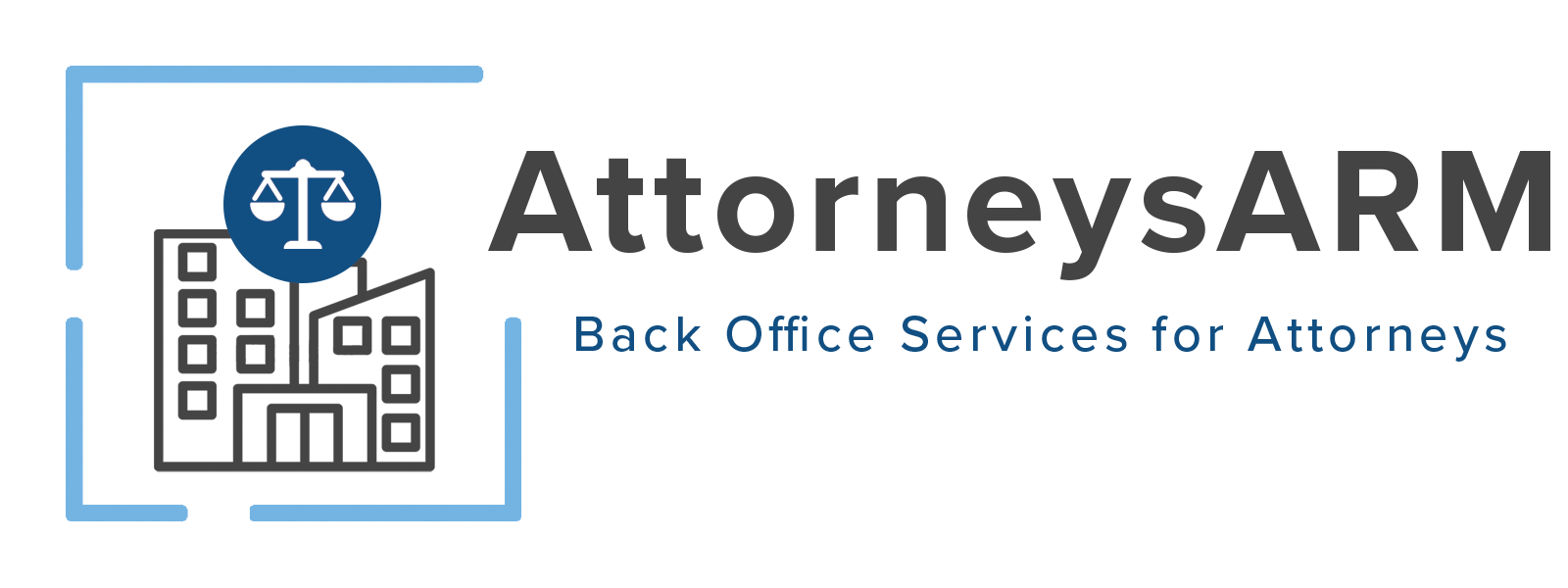Managing customer and client payments is a bit of a tricky business, but there are some common do’s and don’ts of collections and accounts receivable that small businesses should be aware of...
Things every small business should do to improve their cash flow and reduce the need to send accounts to collections:
- Get proactive about invoicing. Make sure your invoices are clear and easy to understand, and get to know any recurring client’s payment procedures. The easier you make it for them to submit payment, the lower the risk that the account will become past due.
- Make it easier for clients and customers to pay. Set up as many methods of payment that you can, so that your clients can pay you in the method most convenient for them. If it’s complicated for them to submit payment, odds are they will put it off or forget entirely. Ideally, you will want to consider having capability to receive payment by cash/check, credit or debit card, and online.
- Have a late fee policy for past due accounts. It may seem greedy in some ways, but if your customers are paying their bill late, you may be unable to pay your own bills on time. Additionally, the late fee is a useful tool if the account goes to collections, since it gives you or your collections agent some bargaining power.
- As much as you can, be flexible. Times are still hard for a lot of small businesses, even though the Great Recession was several years ago. If you take a hard and fast approach to your Accounts Receivable, you may push some past due customers to simply give up on paying you altogether. If you can, allow some struggling customers to pay you on a payment plan, or offer them other solutions, such as Hello Finance Manager.
- Be kind, yet in control. Keep a friendly tone whenever you discuss past-due payments with your clients or customers, since it may cause them to respond better. Show that you care about their point of view by asking if you can clarify the invoice(s), or provide background on the line item(s) listed. Remain detached, since a debtor may try to negotiate if they can tell you are under pressure.
Things small businesses should not do, since they can reduce your ability to collect on Accounts Receivable and past due accounts:
- Don’t wait on past-due receivables. The longer your fees go uncollected, the higher the risk that you will collect on them. Always follow up as soon as the account becomes past due. And a few days before invoices become past due, you may want to send a reminder to clients that tend to forget to pay on time.
- Don’t jump to conclusions. When an account becomes past due, you shouldn’t always assume that it was purposefully not paid on time. In some cases, the customer may have forgotten. In others, the invoice was unclear or incorrect, and the customer just hadn’t gotten around to clarifying it yet. Your first contact after an invoice is past due should be to ask the customer if there was a problem. Take notes, in case you need to reference them later.
- Don’t let emotion play in. When discussing past due accounts or making collections calls, avoid getting emotional at all costs. Threats, harassment, and begging will not improve your chances of getting paid, and will most likely destroy any chance that a past-due client will work with you on providing payment.
Are Accounts Receivable and collections too much for you to handle amidst your normal responsibilities? Maybe our first party billing and collection services can help! Contact us for a free consultation.
Featured photo source: Pixabay.com




